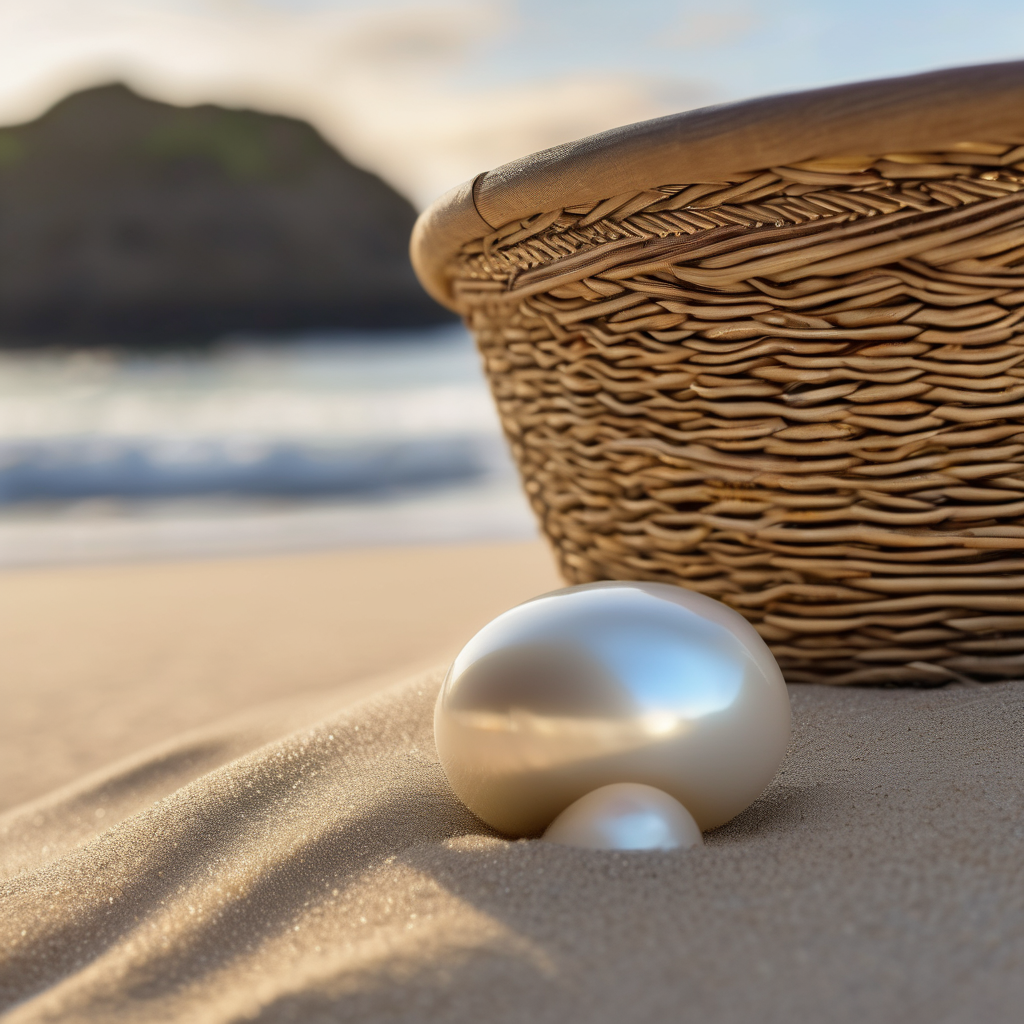Fiji’s efforts to boost local pearl manufacturing have taken a significant step forward with the Ministry of Fisheries and Forestry collaborating with the Australian Centre for International Agricultural Research (ACIAR) to develop local pearl oyster products. This initiative aims to substitute $8 million worth of imported pearl handicrafts annually targeted at international tourists. Minister Alitia Bainivalu highlighted this advancement in Parliament, emphasizing that developing pearl aquaculture has been ongoing since 2006.
The initiative strives to harness local resources to improve economic opportunities within communities by utilizing a sustainable approach to pearl farming. This includes improving spat collection methods, cultural production techniques, and enhancing training and capacity for ministry staff and farmers. The program also focuses on refining handicraft production techniques to tap into higher premium markets, offering increased profits and benefits.
The project began with the mabe pearls cultured pilot project in Viani in Cakaudrove and Raviravi in Macuata, identifying and addressing gaps in the value chain, especially at the production level. The establishment of six community-based mabe pearl farms, with four more implanted with mabe pearl beads this year, highlights the project’s growth. Each farm, comprising 200-300 oyster shells, potentially yields $8,000 to $10,000 per cycle for communities.
Minister Bainivalu stressed the program’s role in empowering community-based enterprises, particularly for women and youths. It aims to enhance technical and business capabilities while improving market knowledge and access for mabe pearls.
The recent inauguration of the Savusavu Mabe Pearl Oyster and Handicraft showroom in Cakaudrove furthers this ambition. This facility, serving as a hub for grafting, design, and marketing, was launched to reinforce the livelihoods of local communities. It stands as a crucial step towards promoting traditional craftsmanship and fostering economic growth.
Since the 1980s, the Ministry has collaborated with ACIAR on pioneering sustainable aquaculture practices, initially focused on Giant Clams. This established a foundation for various projects, including freshwater prawn cultivation, demonstrating ongoing dedication to sustainable fisheries development and community engagement.
The showroom provides workshops to train fisheries officers and community members in transforming raw shells into exquisite crafts. It underscores a unified vision for community empowerment, environmental responsibility, and sustainable economic progress, aiming to foster resilience and developmental opportunities for coastal communities, all while preserving Fiji’s rich cultural heritage.
This initiative embodies a hopeful perspective for future community growth, showing that collective efforts in sustainable aquaculture can lead to economic development alongside cultural preservation.
